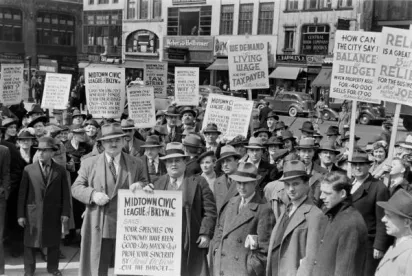The National Labor Relations Act (NLRA), which governs most private sector labor relations, is administered by the National Labor Relations Board (NLRB). Under the Trump administration, the NLRB took a decidedly pro-business position on many issues that impacted union organizing. As President Biden continues to roll out his agenda, the administration intends to reverse many of these policies, taking a pro-employee stance akin to what was in effect in the Obama years. In a recent statement issued on Twitter, Biden stated that “Every worker should have a free and fair choice to join a union.” What’s more, he even broke with more than 50 years of tradition by firing the Trump-appointed general counsel of the NLRB prior to the end of his four-year term. These actions serve as a warning to businesses that the employer-friendly posture of the NLRB quickly is ending.
Biden’s NLRB will likely overturn major Trump-era policies to make it easier for unions to organize. It is reasonable to expect the following changes:
-
Reinstatement of rules allowing employee use of employer email systems for union organizing
-
Revision of election procedures that allow a return to “ambush elections” that tend to favor unions
-
Easing of restrictions on non-employee/union organizer access to employer property for the purposes of organizing
-
Returning to a less-stringent, joint-employer standard which exposes more employers to union organizing
Further, congressional democrats have pushed legislation that will advance union organizing. If passed by the Senate, the Protecting the Right to Organize Act recently passed in the House of Representatives would enact sweeping measures that not only strengthen unions, but also union organizing.
While the NLRA gives employees the right to join unions, it also gives them the right to refrain from doing so. With the Biden administration’s NLRB expected to be in full swing by August 2021, businesses concerned about the potential for union organizing need to start planning now.


 />i
/>i
